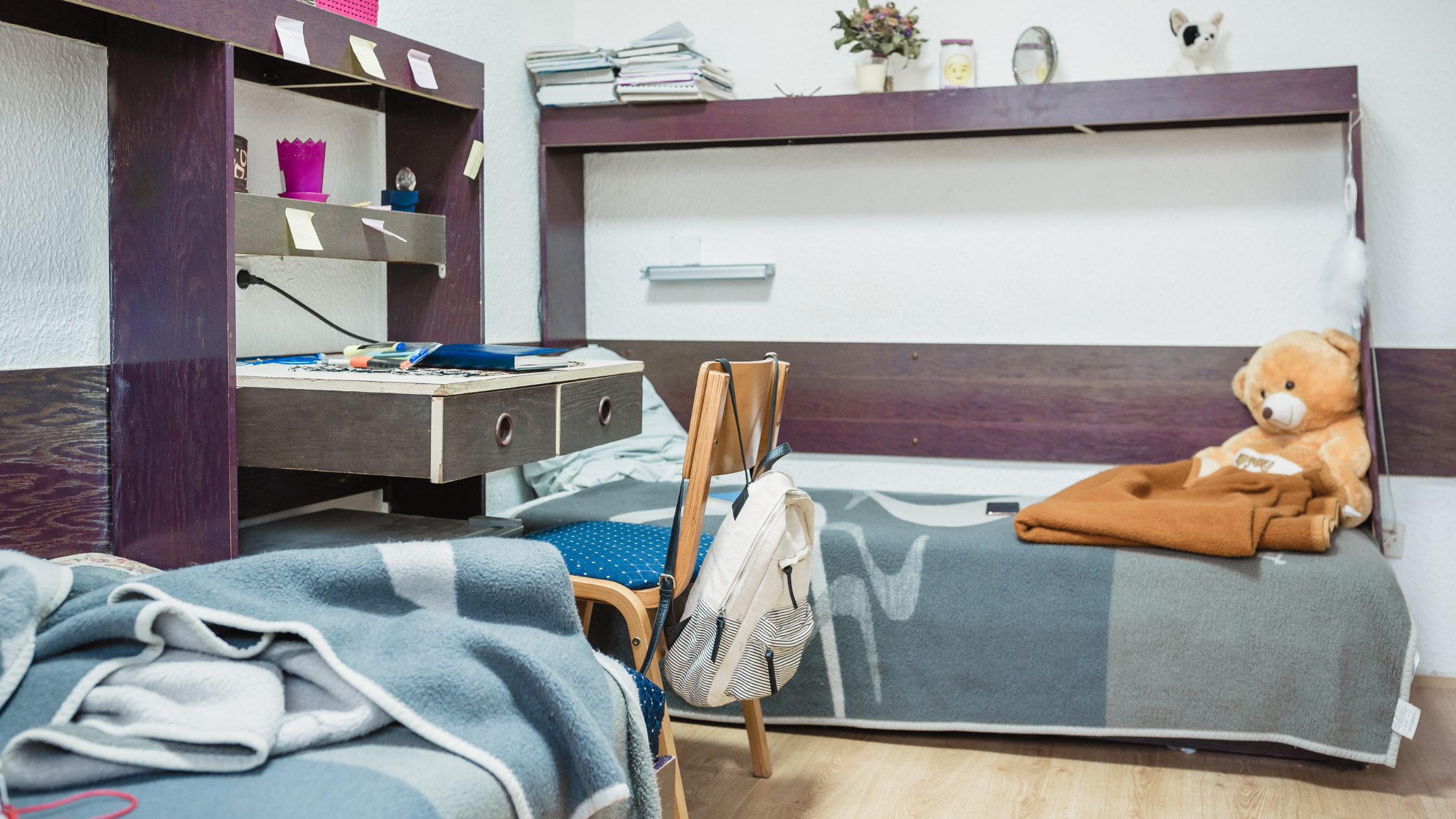Homesickness is a common experience for college students, especially for freshers and for those who are studying far away from home. Being away from familiar places, people and routines can be difficult, but there are ways that you can learn how to cope with feelings of homesickness and stay connected with family and friends.
In this article, we will reveal 6 steps to help cope with homesickness.
Step 1: Stay connected to family and friends

Keeping in touch with family and friends is important to overcome homesickness. You can do this by using social media, video chat, or scheduling regular phone or video calls. You can also send physical mail to keep things more personal and closer to your loved ones.
Step 2: Create a connection to home

You can create a connection to your home by decorating your college dorm or apartment with personal items from home, you can do this by adding photos, artwork, or mementos. You can also cook or bake familiar dishes from home to remind you of home.
Step 3: Get involved in Social Activities

Choosing to socialize more and getting involved in activities on campus, such as clubs or organizations, can help you make new friends, gain new experiences, and develop a sense of community. It can also be a great way to meet people with similar interests and backgrounds as you.
Step 4: Reach out for support

If you’re feeling overwhelmed and are feeling unable to cope with homesickness, it’s important to reach out for help to ensure that you stay as healthy and happy as you can be. You can talk to friends, family, a counselor, or a teacher. Your school’s counseling center may offer specialized assistance to students who are struggling with homesickness.
Step 5: Be open-minded

Homesickness can be tough but it’s also an opportunity to learn about yourself and the world around you. You can make the most of this experience by trying new things and being open to new experiences.
Step 6: Plan a visit home

If you’re feeling especially homesick, you can plan a visit home during school breaks. Spending time with your loved ones can provide a much-needed emotional boost and recharge your batteries.
In conclusion, homesickness is a common experience for college students studying far from home. It’s important to cope with homesickness by staying connected with family and friends, creating a connection to home, getting involved in activities on campus, reaching out for help, being open-minded, and planning a visit home. By taking these steps, students can overcome homesickness and make the most of their college experience.
It is important to remember that homesickness is a normal feeling and that it will eventually pass. By staying connected with loved ones, finding activities that you enjoy, and being open to new experiences, you can make the most of your time away from home. Remember that you are not alone in this experience and that there are people who are willing to help you. Reach out for help if you need it and take the time to take care of yourself and your mental health.






